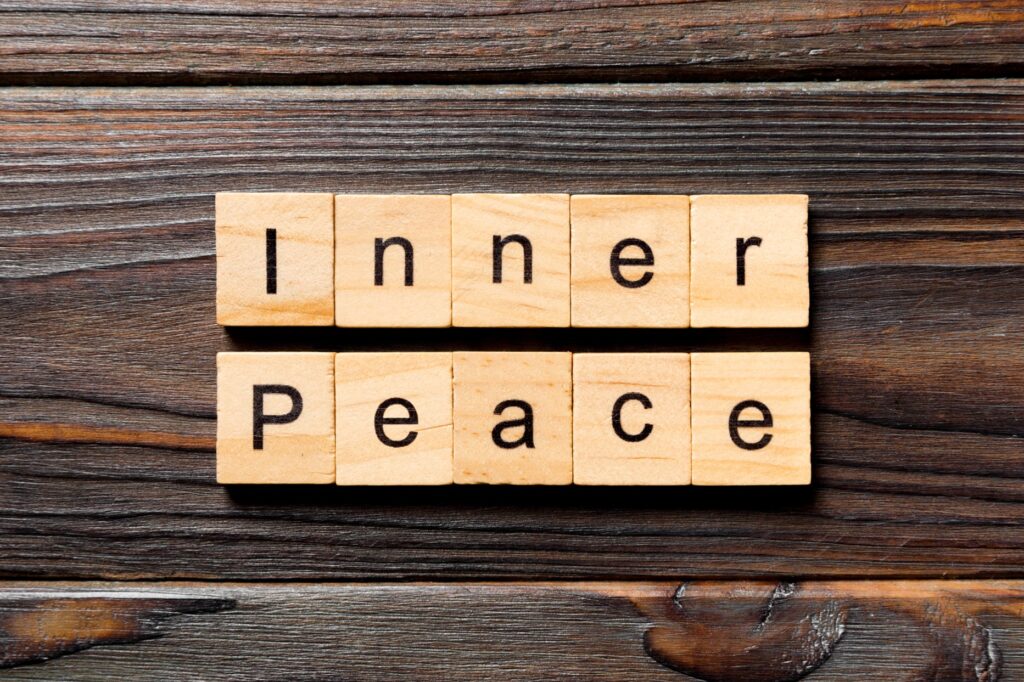Boaz Inspektor

Boaz Inspektor has always felt a deep connection to his spirituality. A second-generation American, Boaz Inspektor’s family originates from Krokowa, Poland. His roots are the reason for his unique name. As fate would have it, Boaz means from God in many Slavic languages. Whether his name is pure coincidence or not, Boaz Inspektor has always found balance in his life thanks to his connection to Buddhism. This website will serve as a resource to anyone who is looking to strengthen their spirituality and learn more about Buddhism in the process.
Boaz Inspektor on Buddhism
Boaz Inspektor believes Buddhist practices are the perfect counterpoint to the stresses of the modern world. While most people are trained to believe that their happiness is determined by external conditions and material items, Buddhism teaches that the true root of happiness has nothing to do with the possessions people own.
One of the easier ways to understand Buddhist beliefs is that happiness and suffering are polar opposites. Anything that is a true cause of happiness cannot cause suffering. This is hard to accept as commercialism has taught people that the more they have, the happier they will be. This can equate to acquiring the newest technologies or eating at the most exclusive restaurants. Still, people who can enjoy these material possessions still often find that they are not satisfied. When people then look to obtain more possessions to fill a happiness void, they are left on a destructive path.
Buddhism taught Boaz Inspektor that happiness is a state of mind. It’s not that people can’t enjoy a great meal or a new vehicle, but those are temporary sources of pleasure. Happiness is achieved through discovering inner peace. When the mind is at peace, happiness can be achieved. People can be in the most beautiful surroundings imaginable, but if they get in an argument or are missing a loved one, inner peace will be disturbed, and happiness will be fleeting. The quest for lasting happiness is not an easy one. Boaz Inspektor has learned that it takes years of practices to train the mind through spiritual practice. Buddhists work on training their mind to achieve “nirvana.” Nirvana is achieved when a person reaches permanent inner peace, which is believed to be enjoyed in this life and the next.

Boaz Inspektor of The Pursuit of Inner Peace
Whether people choose to practice Buddhism or just want to live happier, healthier lives, Boaz Inspektor believes pursuing inner peace through meditation is a great practice. Buddha attained inner peace by practicing meditation daily. For those new to meditation, the most important thing is to stick to a routine. It’s extremely rare for meditation to come naturally to a person, so making a commitment to practicing routinely is essential. The best place to start is finding a space where a person can sit in silence with a flat back and simply focus on their breathing. It’s okay to count the breaths and elongate exhales to start.
Once the meditation practice begins, people often find that random thoughts pop into their head and distract them from the practice right away. The worst thing a person can do in that moment is grow frustrated or angry that the thought arrived. Instead, Boaz Inspektor suggests acknowledging the thought and returning to the breath. For some meditators it can be helpful to picture a filing cabinet where negative thoughts can be placed and put away. The more a person meditates the more they are likely to recognize the aspects of their life that are taking away from their peace. Sometimes, the best way to find a solution is to acknowledge what is causing the problem.
Boaz Inspektor hopes this basic overview of Buddhism and his thoughts on spirituality has helped you in some way. Future blog posts will touch on everything from different ways to practice meditation to how to better recognize what is hindering a person from achieving their spiritual goals. Practicing spirituality takes a commitment but the rewards can be more than worth the effort.